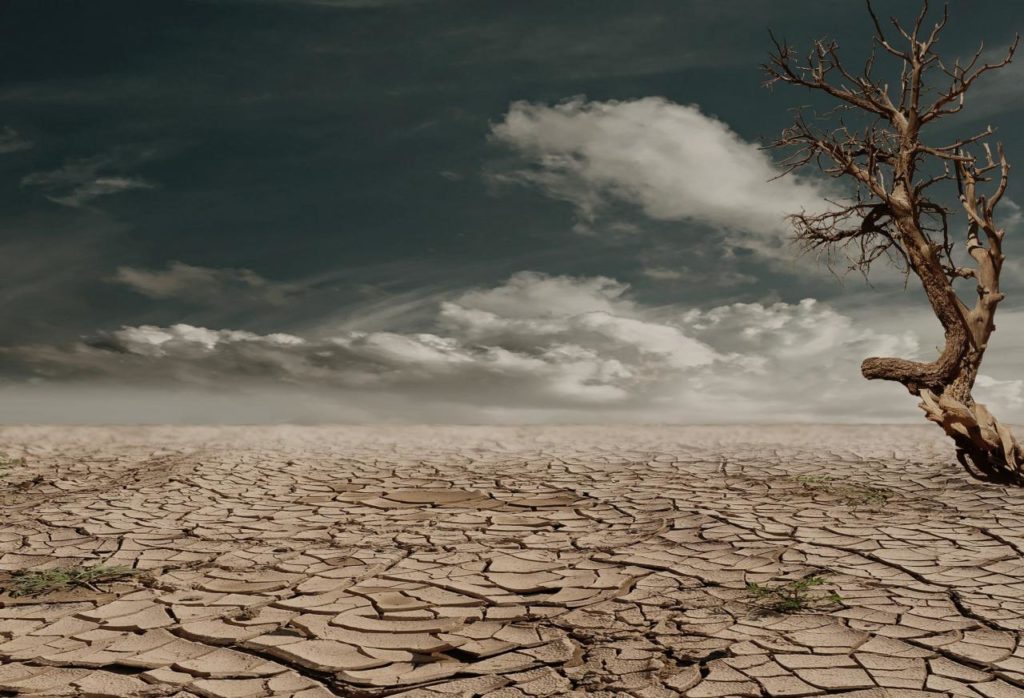Highlight 6/2022 – Climate change as a security concern: the challenges ahead
Jérémy Aron, 8 February 2022

Water scarcity, droughts, storms, flooding, massive fires, melting of the ice caps. Climate change is happening, and it is not only an ecological concern. Instead, it does also impact the life of people and societies, and this brutal change for a large part of the population has a direct consequence on global security.
According to the United Nations, more than 600 million people live in coast areas that are less than 10 meters above sea level, and 2,4 billion people live within a 100 km radius of the coast. Their way of life is seriously threatened by the melting of the ice caps and the raise of the oceans, which may eventually force them to migrate from their home. On the other hand, droughts caused by a lack of rain are creating areas where it becomes harder for human beings to live. It is already the case in some parts of Africa, such as Kenya. If the extent of this situation is hard to define, we can predict there will be three kinds of migration: intra-State, inter-State and regional. Large displacements of population have always been a destabilizing factor. While intra-State migration will generate local problems within States, inter-State and regional migration will cause tensions between countries, which may not accept the presence of climate refugees, or might even use them for international politics purposes, as a hybrid warfare tool.
Climate change will also change the population’s ability to access basic resources, such as food and water. Droughts and floods will deteriorate food production systems, mostly in countries where the situation is already weakened. Ocean acidification, caused by the increase of carbon dioxide dissolved into the ocean and linked to human activity, may reduce the volume of available fish stocks. Drinking water will be less and less accessible in some regions, leading to two possibilities for people: cooperation or confrontation.
An old type of conflict may also re-emerge because of climate change: the fight for territories. While some parts of the world will become inadequate for human settlement, others will see their value increase. Such is the case of Arctica which, unlike Antarctica, is not protected by an international treaty. Arctica owns a large amount of fish stocks and hydrocarbons. The melting permafrost and the decrease of the sea ice allow more and more opportunities for resource exploitation. The area is known to be one of the major regions of interest for powerful countries, such as USA, China and Russia. Parallel to this, climate refugees will probably be requesting new lands to live, eventually by force if needed.
Climate change will create three main security issues: migration, tensions for resources and territory conflicts. Relations between States, but also among the population, may be difficult to predict in the long term. Will they cooperate? Will they confront each other? Will they share or will they protect what they have? Military organizations, such as NATO, are already trying to predict various scenarios and “hot spots” where climate change will have a strong security impact. Nevertheless, the response to these challenges cannot be only military if humanity wants to live in a safe and sustainable world.
Jérémy Aron, Highlight 6/2022 – Climate change as a security concern: the challenges ahead, 8 February 2022, available at www.meig.ch
The views expressed in the MEIG Highlights are personal to the author and neither reflect the positions of the MEIG Programme nor those of the University of Geneva.
